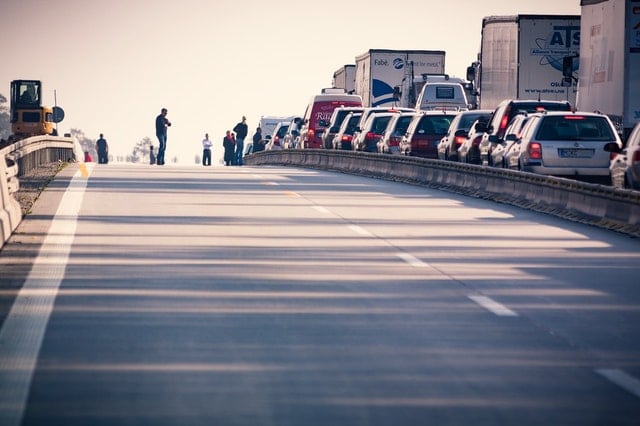Car accidents are never fun. But, you can make the aftermath of a car accident much less stressful if you know what to do after getting into one! This blog post will cover some basic steps that everyone should take in order to protect themselves and their rights following an auto collision.

#1 Stop and call the police
Call the police immediately and provide them with information about what happened. This includes: who was involved in the collision; if there were any injuries or fatalities; where it occurred (some jurisdictions require that you file an accident report); how many cars are involved and their color, make/model, license plate number, etc.; when it happened; weather conditions at the time of the incident.
You should also write down this information for yourself as soon after the crash as possible so that you don’t forget anything! Don’t rely on cell phone photos either – take notes while everything is still fresh in your mind. More detail provided by all parties will help ensure the accuracy of the report.
#2 Protect the accident scene
The scene of the accident is now a crime scene. Make sure no one messes with it until police arrive and declare that you can move your cars away from the site (usually, they’ll ask to keep at least one car in place). If anyone tries to move their vehicle before an officer arrives, don’t let them! It’s not worth fighting over but might save you some trouble down the road – like if someone swipes your license plate or damages another part of your car while moving theirs out of the way.
Make sure all passengers are okay after an accident. For example, check for injuries; offer first aid as necessary; call emergency services if there are any serious wounds/problems. Also, keep kids safe by putting on child-safety seat belts (if necessary) and having them sit in the backseat.
#3 Get the other party’s information
The other driver is required by law to give you their name, address, and contact information (cell phone number preferred). They must also provide proof of insurance and a copy of the vehicle registration. If they are unable or unwilling to do this – call the police immediately!
If it’s dark out, try not to deal with things too much until daylight because it can be difficult for officers investigating the accident site later on if there are no lights in place at that time.
It would be best if you initially got all necessary info from witnesses instead while everything is still fresh in their minds. That way, when the authorities arrive on the scene, they will have more information about what really happened leading up to the crash so that both parties’ accounts don’t clash.
#4 Get a lawyer
At the very least, you’ll need to exchange insurance information with other parties involved. But, if serious injuries occur or it’s a more complicated case (multiple vehicles are involved), then your best bet is to get in touch with an experienced spinal cord injury lawyer who can help walk you through the situation and advise on how to proceed.
If someone gets injured in an accident that wasn’t their fault – they may be able to file for damages against the at-fault party/parties! Insurance companies will want each of them to take responsibility for what happened, so try not to settle anything without legal advice first. A personal injury lawyer can also provide representation throughout negotiations and court proceedings as necessary, depending on where things go from here.